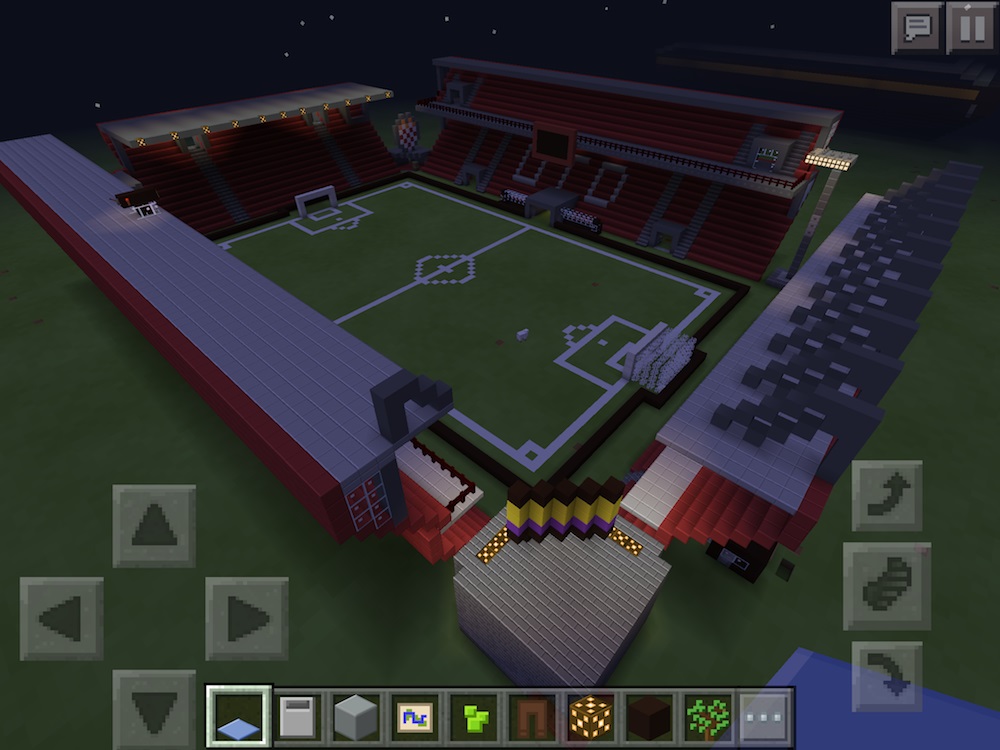The IT challenge for the next generation

The pace of technological change is breathtaking. On the plus side, we seem as a race to be very good at accepting and adapting to it (bumpy start aside…).
How many two-year-olds do you see handling smartphones and tablets with an aplomb our parents’ generation can only marvel at open-mouthed? They pick it up straight away by watching us do it. It’s second nature.

Our children are growing up attached to devices and glued to screens. From someone so thoroughly immersed in technology you might be surprised when I say I find many aspects of this disturbing.
A familiarity with technology is a very good thing. It runs our world and brings opportunities and advancements that constantly change (and might even save) our planet – but there is a limit.
The ubiquitous presence of internet-connected devices is still a very new thing in the context of human history. We’re still learning and in the process it might take some time to realise that unfettered access to these things might not be the best thing for developing minds.
Instant Gratification
A smart device allows a child (and many adults…) to switch off from the real world. They can spend hours consuming largely pointless content from YouTube, watching other people playing video games which have not a shred of relevance to anyone’s real life. Escape from reality or the gratification of instant entertainment is just a web link or app away. Anecdotally I fear this is having a longer term impact on people’s ability to concentrate or be willing to work to achieve something worthwhile.
Many employers report taking on young people and giving them opportunities to gain valuable skills, only to have that rejected because work all seems like a bit to much of a hassle.
I do believe there is hope though, again through technology. There is a dawning realisation among teachers and policy makers that the skills needed to work with this new digital economy need to be encouraged. No longer should the learning of computing be encouraged only among those ‘geeks’ who find fascination and comfort in crafting lines of algorithm-littered code.
New ways of engaging young people are emerging. The BBC MicroBit is a tiny computer being given to millions of school children to help them understand the human/computer interface, what it can do and how much fun it can be to do it. Similarly the Raspberry Pi puts a full-powered computer in anyone’s hand for less than £30. Show someone how it can act as their media hub and you’ve got their interest!
Just like the first computers needed lines of code inputting to make them do anything, but then evolved to the graphical interface of Windows, Mac OS and others, now the act of programming is becoming increasingly graphical – opening it up to millions more creative minds to bend it to their will and create amazing things.
This won’t happen on its own. When I first wrote about this topic I had no children – now I have responsibilities to three young minds. It’s up to us to be real parents, rather than handing responsibility to an electronic babysitter. When they want to watch YouTube videos of other people doing things, encourage them to fire up Minecraft and build something amazing for themselves or delve into Scratch to programme a new game they can show to everyone and say “I made that”.
That way we’re equipping them for the world they will live in and making them creators rather than just consumers. Then it will be up to them to usher in the next wave of world-changing technology.
